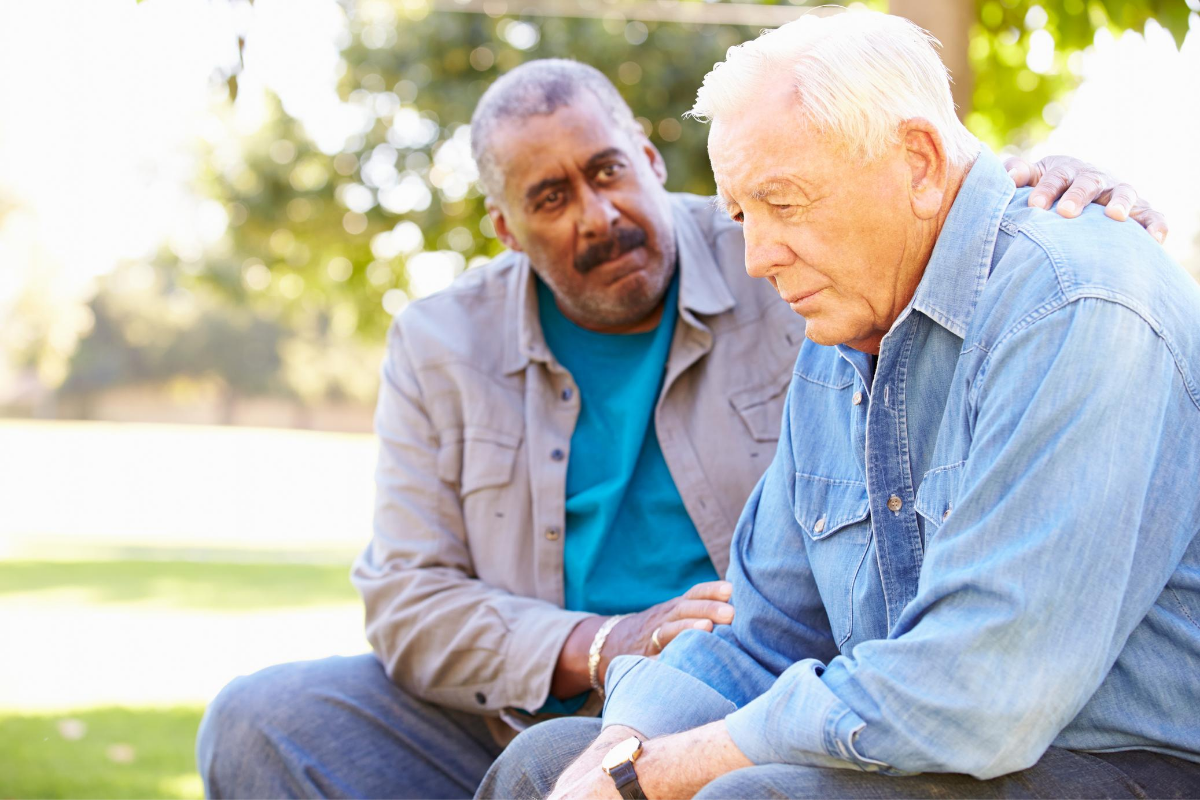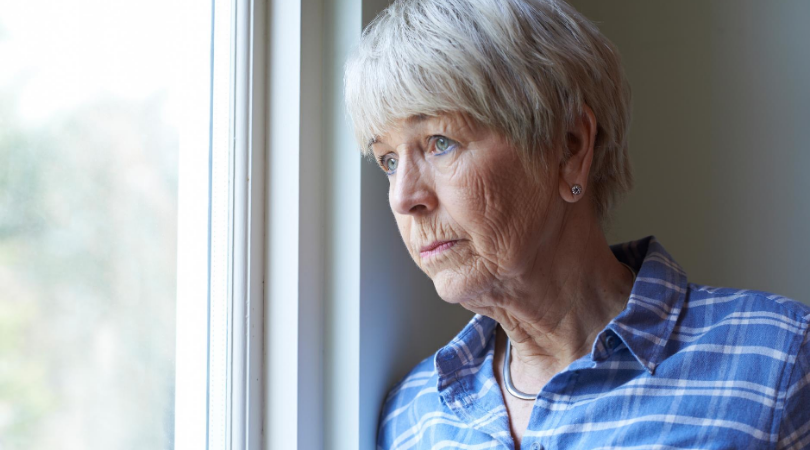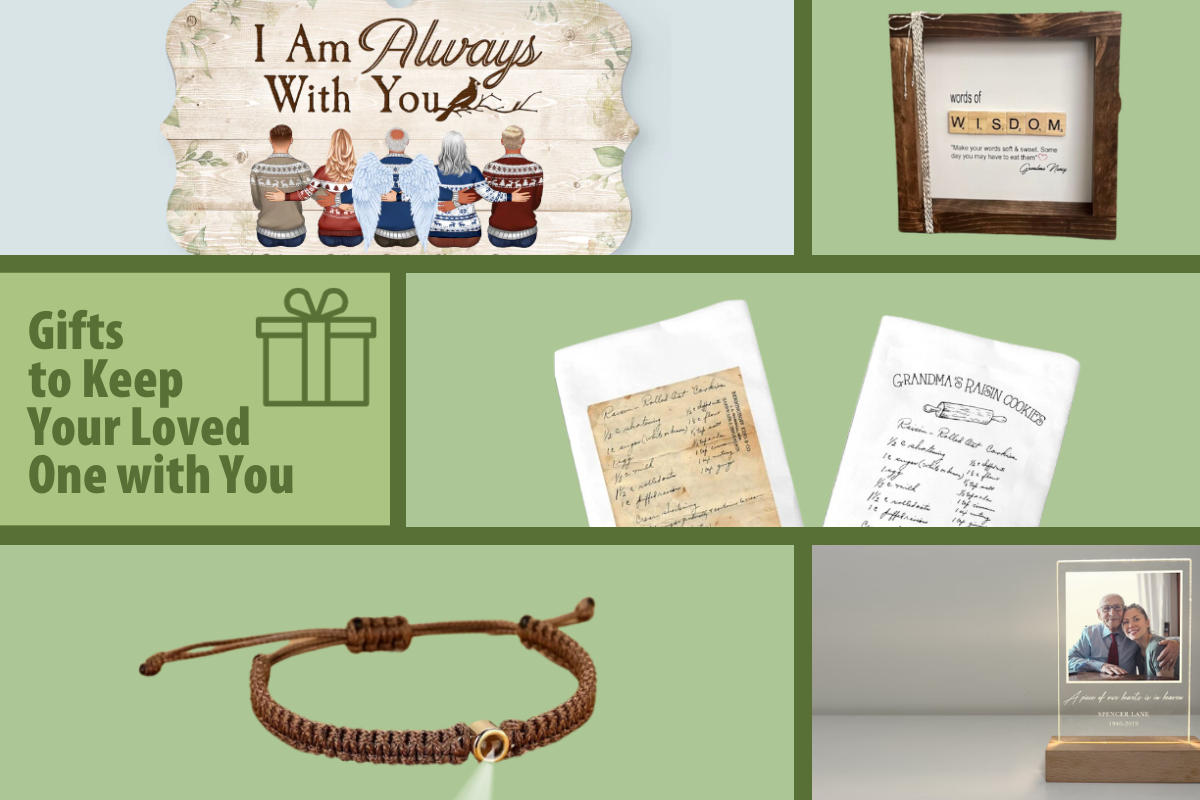Signs You Need Grief Support

"The reality is that you will grieve forever. You will not 'get over' the loss of a loved one; you will learn to live with it. You will heal and you will rebuild yourself around the loss you have suffered. You will be whole again but you will never be the same. Nor should you be the same nor would you want to." — Elisabeth Kubler-Ross
The loss of a loved one is one of the most difficult experiences in life. Yet it is one that we will all experience at some point. It’s a universal experience, but each person will process their grief differently. In some cases, you will be able to manage your grief on your own. But there may come a time when additional support is needed.
We will never “get over” the loss of a loved one, but the right support can help you process your feelings, so you can move forward. Below are just a few signs that you need grief support.

Daily Life has Become Overwhelming
When you experience a major loss, it’s normal to need some time to grieve before getting back into regular daily life. This is why many companies offer time off for loss of a loved one. However, if weeks or months have passed, and you are still struggling to get through your work day or unable to manage household chores, that’s a sign that you need grief support from a professional who can provide you with the tools you need to process your feelings.
Difficulty Controlling Emotions
Grief is an emotional journey. It’s normal to feel deep sadness, anger, and even guilt when you lose a loved one. You may find yourself unable to stop crying, unable to concentrate, or filled with unexpected rage. While these are all normal responses, it is a sign that you could benefit from grief support to help you navigate these difficult times.

You’re Using Alcohol or Drugs to Cope
Facing grief is painful. It can be tempting to turn to drugs or alcohol as a way to numb that pain. But this is an unhealthy way to cope with the loss of a loved one. It can cause adverse health effects, create a dependence on these substances, or lead us to even more dangerous substances. Grief support specialists can give you better tools for managing your feelings.
You’re Experiencing Symptoms of Depression
The sadness of grief is not depression. But grief can become depression. Some of the signs that your grief is turning into depression include feelings of guilt, low self-esteem, and isolation. You may lose interest in food, sex, and interests that once brought you pleasure. If you are experiencing any of these signs, you need grief support. If you are thinking of hurting yourself or someone else, you need professional help immediately. The National Suicide Prevention Lifeline (1-800-273-8255) is available 24 hours a day to provide free, confidential support.
You Feel Like You Can’t Move On
You may be feeling some of the signs above, but you may simply be feeling like you simply can’t move forward. If you are thinking that you might need grief support, it’s worth making a call to a bereavement coordinator who can help provide you with options in your area.
Crossroads Hospice & Palliative Care offers complimentary Grief Recovery Groups in all the areas we serve. Please contact us at 1-888-564-3405 to speak to a bereavement coordinator for more information.
If you found this information helpful, please share it with your network and community.
Copyright © 2020 Crossroads Hospice & Palliative Care. All rights reserved.




